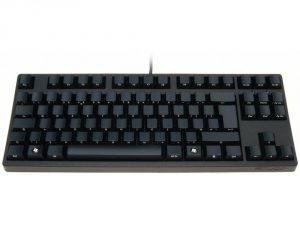All of us have data which has value beyond our own lives. My parents’ generation have little record of their childhoods, other than the occasional photo album, but what little records there are, are cherished. My own childhood was well preserved, thanks to the efforts of my mother. Each of my brothers and I has a stack of photo albums, with dates and milestones meticulously documented.
Today, we are generating a massive amount of data. While the majority of it will not be of interest to future generations, I believe preserving a small, selective record of it, akin to the photo albums my mother created, would be immensely valuable to my relatives and descendants – think of your great grandparents jewellery, a photo album of your childhood that your parents created, immigration papers of your predecessors.
Modern technology allows us to document our lives in vivid detail, however the problem is that the data is transient by nature. For example, this blog is run on a Linode server – if I die, the bill doesn’t get paid and Linode deletes it. If Linode goes away, I have to be there to move it to a new server. If Flickr goes away, my online photos are lost. If Facebook goes away, all that history is lost. Laptops and computers are replaced regularly, and the backups created by previous computers may not be readable by future ones, unless we carry over all the data each time.
In part one of this series (this article) I document the problems of common backup solutions for archival storage, with reference to my own set-up. In part two, I’ll detail my “internet research” into optical BD-R media and how it solves these problems, and in part 3 I’ll deal with checksums and managing data for archival (links will be added when done).
Part 1 is fairly technical, so if you just want safe long-term storage, install and configure Crashplan, and skip to part 2.
Continue reading →
 As a Sysadmin who works on a keyboard all day, I was enamoured by Jeff Atwood’s post about his CODE Keyboard, that he developed in partnership with WASD Keyboards. Essentially, the CODE Keyboard is a pre-spec’d standard WASD keyboard, with Cherry MX Clear switches.
As a Sysadmin who works on a keyboard all day, I was enamoured by Jeff Atwood’s post about his CODE Keyboard, that he developed in partnership with WASD Keyboards. Essentially, the CODE Keyboard is a pre-spec’d standard WASD keyboard, with Cherry MX Clear switches.